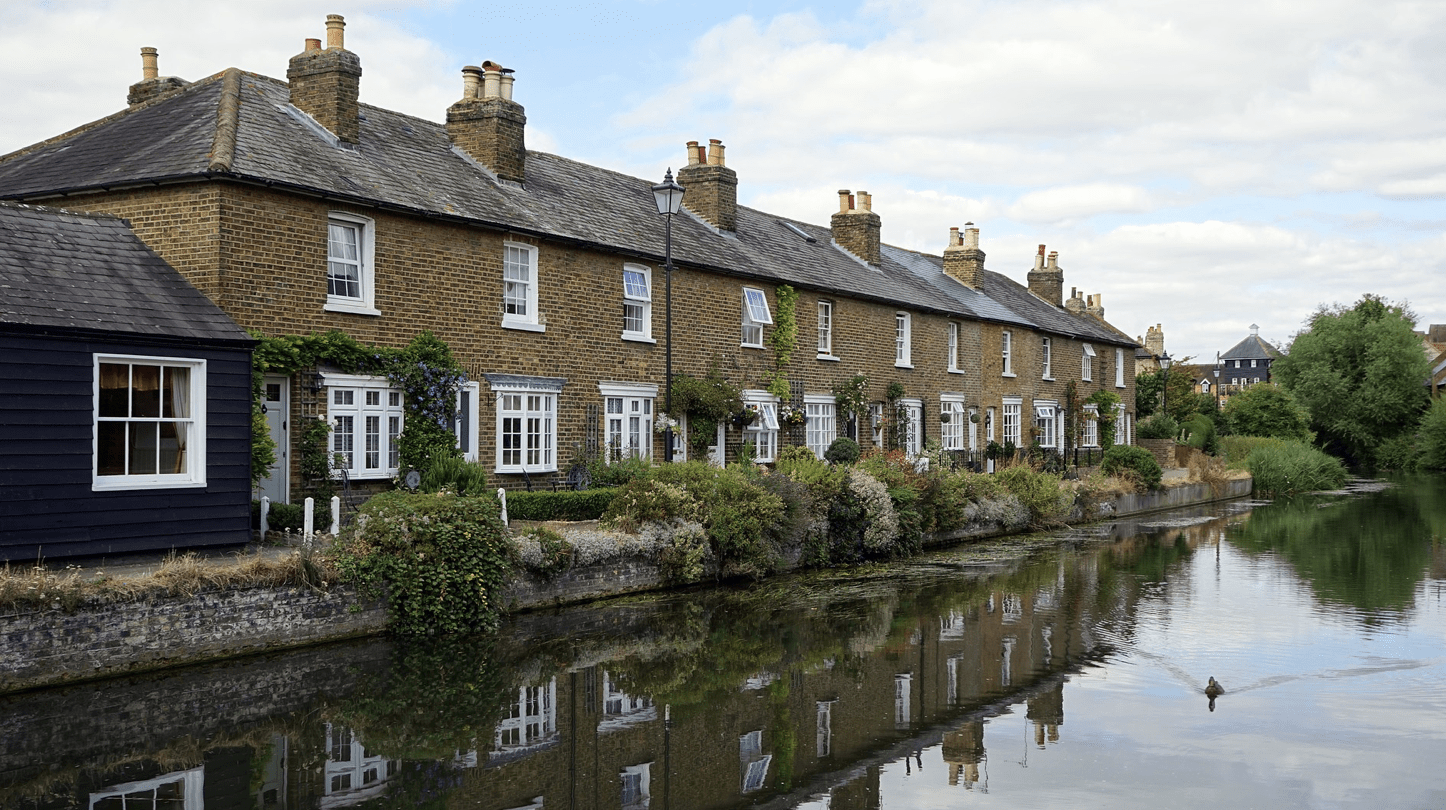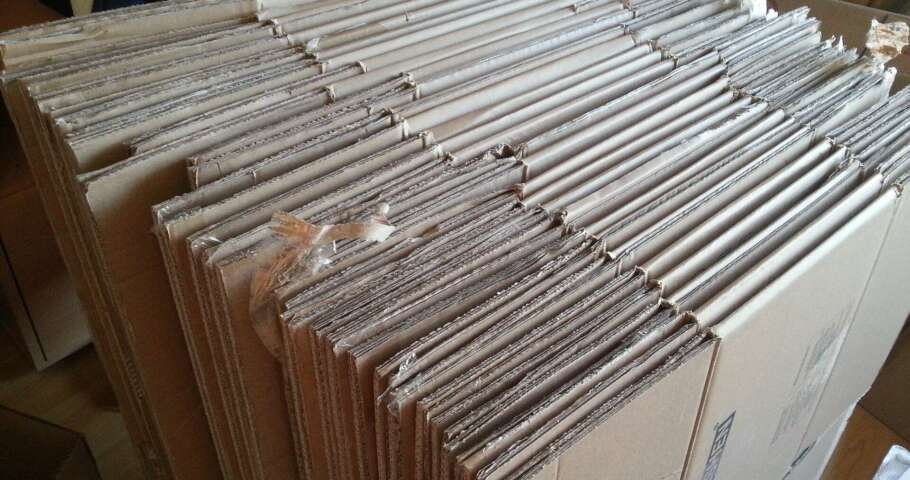“leasehold system” is something you will likely have heard of ff you own your own home by way of a mortgage or outright. A leasehold agreement allows you to own your home but not the land it sits on. Instead, this land belongs to a freeholder.
Housing Secretary Robert Jenrick has announced that the leasehold system of property ownership is to be shaken up. Leasehold ground rents are to be banned, and leaseholders can extend their lease for up to 990 years.
The proposals involve the scrapping of ‘marriage value’ from leasehold agreements. Leaseholders will not have to pay the freeholder the difference created between the property’s value before and after they extend the lease. ‘Hope value’ is also due to be scrapped, allowing leaseholders who buy the freehold from the freeholder without having to pay any of the benefits they gain to the freeholder.
What does this mean for leaseholders?
The hope is these proposals will cut the costs of extending leases and make it easier for those wishing to purchase the freehold their home sits on. This is likely to make it easier for leaseholders to extend their lease up to 990 years which will help create certainty for the future of their property. The potential knock-on effects are in maintaining the property’s value and making it easier for the property to be mortgaged. This is preferable to the current system which only allows for leaseholds to be extended for 50 years for houses, and 90 years for flats.
The banning of ground rent will also have a positive impact on leaseholders. Under the current system of leasehold contracts, ground rent can spiral out of control and even double every 10 to 15 years. These proposed reforms will eliminate this and restore certainty in the leasehold market, an issue that has been created by the unattractive nature of the current system.
What does this mean for freeholders?
Although the proposals to remove ground rent, ‘marriage value’ and ‘hope value’ initially look damaging for freeholders, it is not all doom or gloom. Freeholders who retain their freehold will still be able to charge maintenance fees and still receive an alternative payment to ‘marriage value’ when the lease is extended. However, it has yet to be established the form in which this proposed alternative payment will take place and how it will work.
The effect of these reforms on freeholders is likely to depend on whether the leasehold property in a flat or house. These reforms are likely to still mean the freeholders of flats will retain a significant level of control over the leaseholder because adjoining properties are very close. The building where the flat is situated will still have to be maintained and adjoining properties makes purchasing the freehold of a flat more complex than purchasing the freehold of a house.
What does this mean for the housing market?
Under the current system, short leases of less than 70 years can send alarm bells to mortgage lenders who are reluctant to mortgage these properties due to the uncertainty a short lease creates. Those who are willing to offer a mortgage are likely to charge expensive mortgage rates.
In theory, these reforms should eliminate the current uncertainties of leaseholds, make it easier to mortgage a leasehold, and protect the value of leasehold properties. Increased confidence in the leasehold market will benefit leaseholders who wish to re-mortgage or sell up; and freeholders who want a secure freehold investment where the leasehold property will be purchased. These reforms will also remove the current feeling amongst leaseholders that they do not fully own their home.
However, there is some speculation amongst property experts who believe it could be up to two years until we see these reforms put in place. For the time being, watch this space!
If you would like advice on residential property, call Tiger Law on 01233 227 355 or email admin@tiger-law.com.
Crib sheet
- Housing Secretary has announced he intends to update the current leasehold system. Leasehold ground rents are to be banned, and leaseholders can extend their lease for up to 990 years.
- The proposals involve the scrapping of:
-
- Marriage value from leasehold agreements. Leaseholders will not have to pay the freeholder the difference created between the property’s value before and after they extend the lease.
-
- Hope value is also due to be scrapped, allowing leaseholders who buy the freehold from the freeholder without having to pay any of the benefits they gain to the freeholder.
- The Leaseholder:
- cut the costs of extending leases and make it easier for those wishing to purchase the freehold their home sits on.
-
- make it easier for leaseholders to extend their lease up to 990 years- increasing certainty around the property’s future, maintaining its value, and making it easier to re-mortgage.
-
- The banning of ground rent will stop ground rents rates spiralling out of control and restore certainty in the leasehold market.
- The Freeholder:
-
- Removal of ground rent, marriage value and hope value does look damaging for freeholders, but it is not all doom and gloom.
-
- Freeholders who retain the freehold will still be able to charge maintenance fees and receive an alternative payment to marriage value (yet to be announce how).
-
- Effect of these reforms will depend on whether the leasehold is a flat or house.
-
- Freeholders of flats will maintain significant control because the adjoining properties will mean the building will have to be maintained and therefore it can be difficult for the leaseholder to purchase the freehold.
- The housing market:
-
- Currently short leases od less than 70 years create uncertainty and send alarm bells to mortgage lenders who are reluctant to mortgage these properties. If they are willing to, rates can be expensive.
-
- In theory, these reforms should eliminate these uncertainties, make it easier to mortgage a freehold and protect the value of the property.
-
- Also benefit leaseholders who want to re-mortgage or sell up and freeholders who want a secure investment where the leasehold property will be purchased.
-
- Allow leaseholders to feel like they own their own home.
-
- No date as to when these reforms will be put in place.




